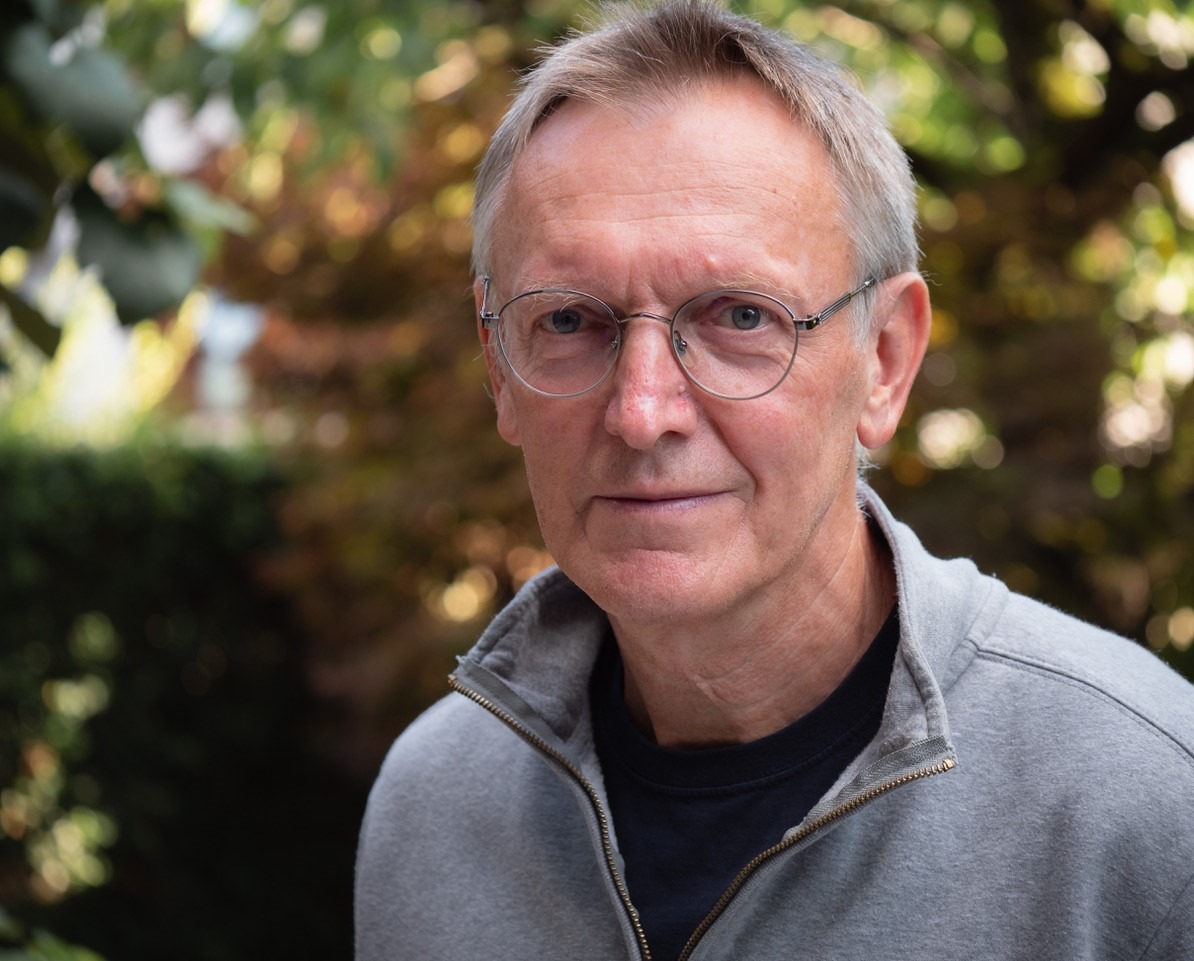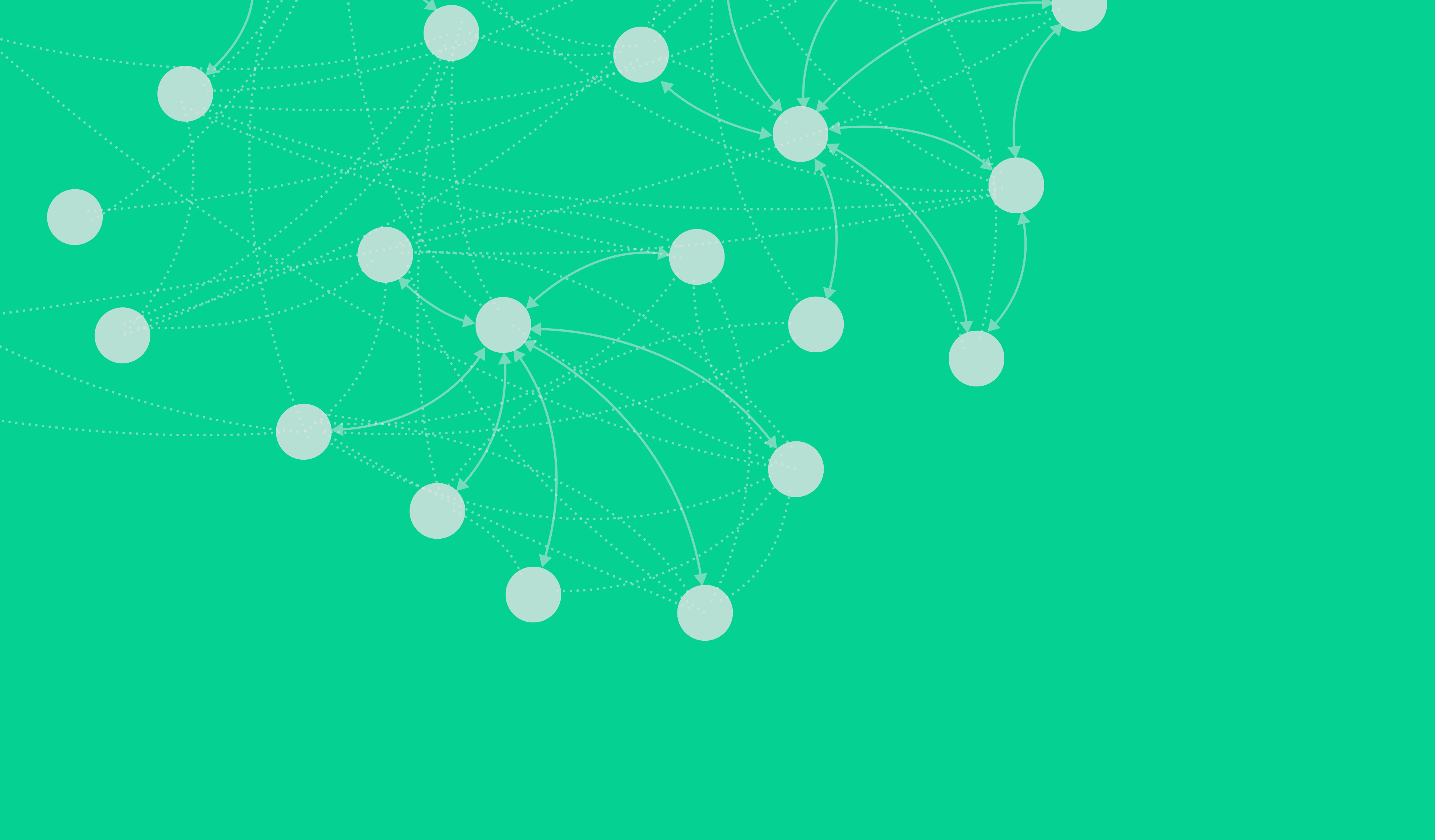
A triple planetary crisis – climate, biodiversity and pollution – is making instability the norm. As we work to contain the shockwaves from Ukraine, says Janez Potočnik, we need to understand how fragile our economies and societies really are, and why more sustainable systems are our best defence.
First Covid-19, and now war in Ukraine, have shaken the world’s commodity chains. Shortages – and fears of shortages – are stretching European economies. Such system shocks reverberate deeply: not just shipments of food and fuel, but fertilisers for the farming cycle, the rare metals which drive the energy sector.
EU leaders are responding with measures to improve Europe’s strategic autonomy. While we must address the serious knock-on effects, we cannot afford to neglect sustainability. We can no longer ignore how fragile our economies and societies are, and how important it is to increase their resilience. If we merely treat the short-term pain, the next crisis will find us still looking for ad-hoc solutions.
When everything seems to be running well, societies take food and energy for granted. But food security is not just about intensification of inputs and production. It is about upscaling systems, like agroforestry, which provide food and beneficial ecosystem services. It is about technologies: precision agriculture, vertical farming and meat alternatives. It is about avoiding wasting energy and pesticides on uneaten food. It is about broader policies: the crops dedicated to biofuels or feedstuffs, rather than direct human consumption; the fertile land being swallowed by expanding cities or transport systems.
Likewise, energy security does not mean replacing one source of fossil fuel with another. It is not even primarily about providing abundant and affordable renewable energy. Beyond producing cleaner, lower-energy steel, how much of it do we use in our under-utilised private cars? It is about shared-mobility alternatives, and better-designed cities that save us journeys. It is about behavioural choices, like working from home, and how well the material efficiency of products – their upgradability, reparability and recyclability – supports us in those choices.
This multiple approach may seem a long way from the economic counter-offensive – the single, swift response – that political and media logic demands. It is less strange to those of us working to counteract the underlying planetary crisis. Here, the cumulative effect of positive, system-changing decisions is almost the only thing keeping a safe, stable world within reach.
Natural resources are at the heart of our climate, environmental and health challenges. The use of materials – fossil fuels, metals, minerals, biomass, everything we extract from the Earth – has tripled since 1970 and accounts for a huge share of greenhouse gas emissions. Yes, resource use has transformed living standards in many parts of the world, but this now comes at an unmanageable cost to climate, environment and health.
The problem is that humankind has never separated economic growth from ever-rising demand for resources. So that, now, we are overstepping the planet’s boundaries, locking ourselves out of the safe operating space in which human societies evolved. Instead, we must link resource use to fundamental human needs and optimize our systems to meet them. We need to be smarter in designing systems, so that they deliver multiple benefits simultaneously.
And yet our international efforts to fight the climate crisis remain driven by the supply side. This, the IPCC warns, will not limit warming to 1.5C. But, it adds, demand-side mitigation could reduce GHGs in some sectors by up to 70% by 2050.
More fundamentally, demand-side measures can address the human questions of responsibility and equity – where high-income regions must take the lead. Resource efficiency should thus be complemented with sufficiency-based policies.
Until then, ambitious policies such as the EU’s Green Deal and the UNFCCC’s targets face a battle to implement incentives and regulations that can change our production and consumption patterns. Sending contradictory policy and market signals is creating confusion (and intensifying the lobbying from companies that fear the loss of profitable markets). It’s time to stop signalling to producers that destroying nature is free of charge. Time to stop contradictory messages to consumers, who still routinely pay more for food with a low environmental impact, not vice versa.
In the longer term, food and energy security is not about opening a new economic front. It is about reassessing our values, rethinking our economies and reducing over-consumption. Our unsustainable economic model, its standards and behaviours, have been set by high-income countries. We are ethically bound to show that we can change the reality we created, and lead the essential transition – at home and globally.
The map of resource use still shows an imperialist world. A more stable and sustainably prosperous future will mean shifting to an era of responsible resource use where benefits are more fairly shared, mitigating resource fragility and strengthening our preparedness and resilience.
More fundamentally, demand-side measures can address the human questions of responsibility and equity – where high-income regions must take the lead. Resource efficiency should thus be complemented with sufficiency-based policies.
“International System Change Compass – The Global Implications of Achieving the European Green Deal”, is produced by the Club of Rome, SYSTEMIQ, and the Open Society European Policy Institute.
An internationally renowned economist and sustainability expert, Janez Potočnik formerly served as EU Commissioner for Science & Research and for the Environment. He now co-chairs the UN’s International Resource Panel, advising government, industry and society on how smarter use of the planet’s resources can shape a more sustainable future.

